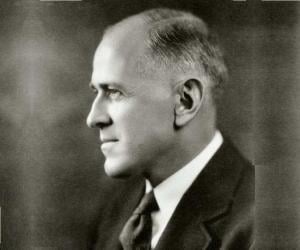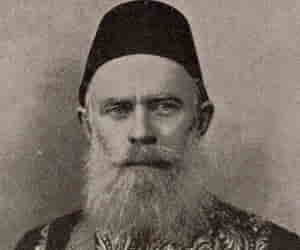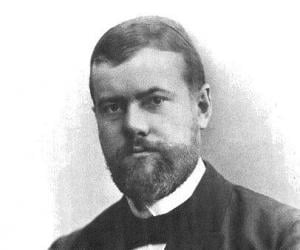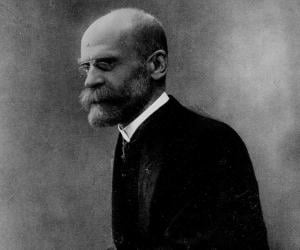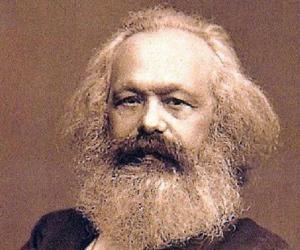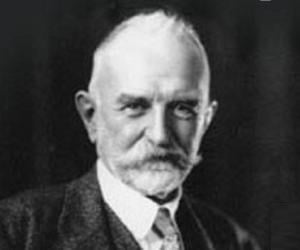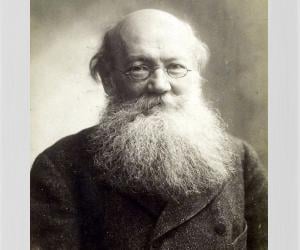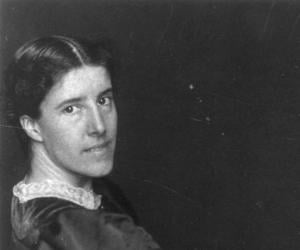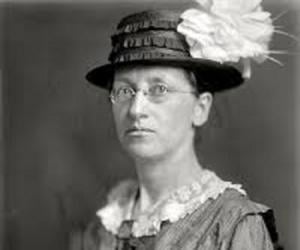Max Weber was a German historian, political economist, jurist, and sociologist. Widely regarded as one of the most influential and important theorists, Weber's ideas had a profound influence on social research and social theory. Although he did not see himself as a sociologist, Weber is often counted among the fathers of sociology alongside Émile Durkheim, Auguste Comte, and Karl Marx.
Emile Durkheim was a French sociologist. He is credited with establishing the discipline of sociology for academic purposes and is widely regarded as the chief architect of modern social science. During his lifetime, Emile Durkheim published several works on topics like morality, religion, and education. He also played a major role in the development of sociology and anthropology as disciplines.
Karl Marx, the philosopher, economist, political theorist and socialist revolutionary, is best-known for the 1848 pamphlet, The Communist Manifesto and the three-volume Das Kapital. His theories, called Marxism, maintained that class conflict leads to the development of human societies and that internal tension were inherent in capitalism, which would ultimately be replaced by the socialist mode of production.
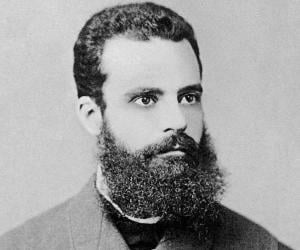
A qualified civil engineer, Vilfredo Pareto had initially worked for the railways and the ironworks. However, he gradually deviated to philosophy, sociology, and politics and gained fame for his application of math to economic issues and his introduction of Pareto efficiency. Mind and Society remains his best-known work.
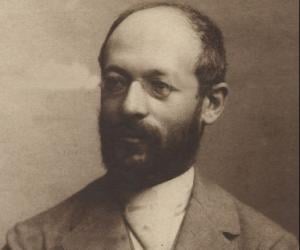
Georg Simmel was a German sociologist, philosopher, and critic considered a forerunner to structuralist styles of reasoning in the social sciences. He was neo-Kantian in his approach and laid the foundations for sociological antipositivism. He broadly rejected academic standards and wrote extensively on the philosophy of Schopenhauer and Nietzsche. He was married to philosopher Gertrud Kinel and had one son.
American philosopher and social psychologist George Herbert Mead was one of the pioneers of pragmatism and symbolic interactionism. He taught at the University of Chicago, and his ideas later came to be known as the Chicago school of sociology. His notable lectures were published as books only after his death.
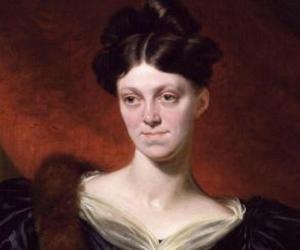
Regarded by many as the first female sociologist, Harriet Martineau was a prominent 19th-century social theorist, classical economist, and intellectual who penned the iconic work The Positive Philosophy of Auguste Comte. She was partially deaf and had lost her sense of taste and smell in childhood.
Russian philosopher Peter Kropotkin was a passionate advocate of anarcho-communism. He was also an activist, revolutionary, economist, and sociologist. He was arrested and imprisoned for his activism in 1874. However, he managed to escape and lived in exile for over 40 years in different countries across Europe. He returned to Russia after the Russian Revolution in 1917.
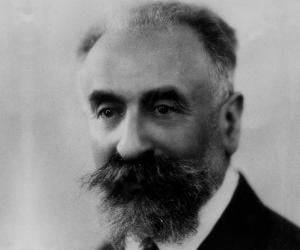
Sociologist and anthropologist Marcel Mauss is regarded as the Father of French Ethnology. Shunning his family business, he became influenced by his uncle, sociologist Émile Durkheim. His best-known work remains Essai sur le don, or The Gift. He also influenced Claude Lévi-Strauss, who founded structural anthropology.
Charlotte Perkins Gilman was an American novelist, humanist, poet, and short-story writer. Best remembered as a utopian feminist, Gilman served as an inspiration for several generations of feminists. A National Women's Hall of Fame inductee, Charlotte Perkins Gilman is also remembered for her semi-autobiographical work, The Yellow Wallpaper.
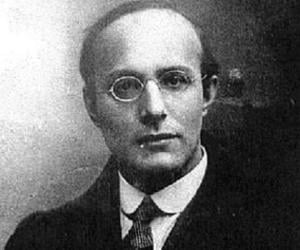
Apart from being a political economist, Karl Polanyi was also a prominent Hungarian political leader. The Great Transformation remains his best-known work. He taught at institutes such as the Columbia University and is known for proposing the idea of a cultural version of economics known as substantivism.
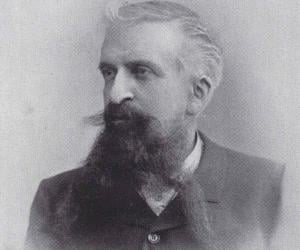
French social psychologist Gustave Le Bon is best remembered for his research on crowd psychology. In his iconic work La psychologie des foules, or The Crowd, he stated that people are driven by their emotions and not by their intellect when they act as part of a crowd.

Ferdinand Tönnies was a German economist, sociologist, and philosopher. He is credited with co-founding the German Society for Sociology where he served as the president from 1909 to 1933. Widely regarded as the first prominent German sociologist, Tönnies contributed significantly to field studies and sociological theory. Ferdinand Tönnies is often counted among the founders of classical German sociology.
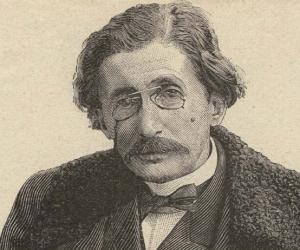
Sociologist and criminologist Gabriel Tarde is best remembered for his theory of social interaction. Initially a magistrate, he later taught modern philosophy. He is remembered for his ideas on imitation and his criticism of the concept of the atavistic criminal. He also penned a sci-fi novel.
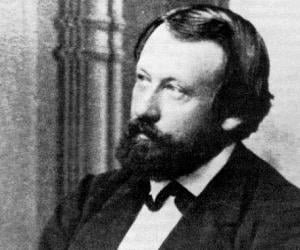
Wilhelm Dilthey was a German psychologist, sociologist, historian, and hermeneutic philosopher. An ardent admirer of Friedrich Schleiermacher, Dilthey helped revive the former's works on hermeneutics. Wilhelm Dilthey is also credited with teaching future philosophers like Hans Lipps, Eduard Spranger, and Theodor Litt.
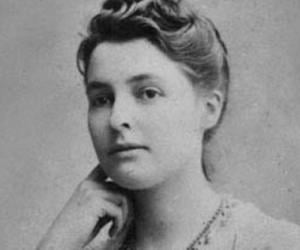
Sociologist Beatrice Webb is best remembered for coining the term collective bargaining. Along with her husband, Sidney Webb, whom she met at the Fabian Society, and others, Beatrice co-founded the London School of Economics. In spite of her lack of formal education, she was a prominent educator and an avid diarist.
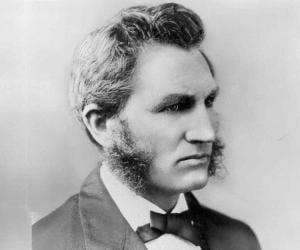
Lester Frank Ward was an American paleontologist, botanist, and sociologist. He is best remembered for his service as the American Sociological Association's first president. Lester Frank Ward played an important role in bringing Sociology courses into the higher education system in America.
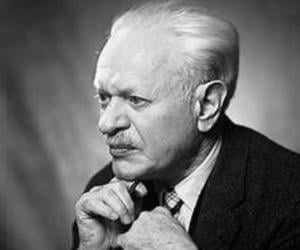
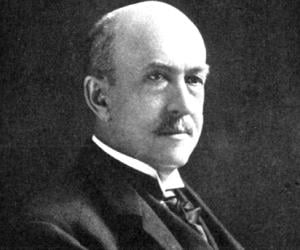
William Graham Sumner was an American social scientist who held America's first professorship in sociology; he served as a professor of social sciences at Yale. Sumner, who wrote several essays and books on American history, political theory, sociology, and economic history, was one of the most popular and influential teachers at Yale. He also had an influence on American conservatism.
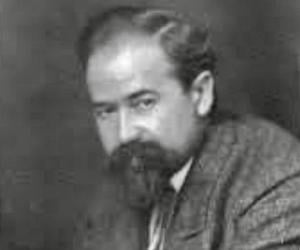
Alfred Weber was a German geographer, sociologist, economist, and theoretician of culture. Weber's work and contribution played a key role in the progression of modern economic geography. The younger brother of Max Weber, Alfred Weber contributed theories for analyzing social processes, social change as a confluence of civilization, and culture.
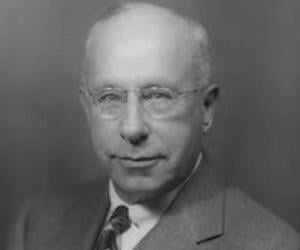
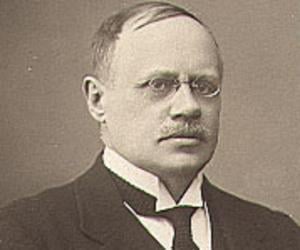

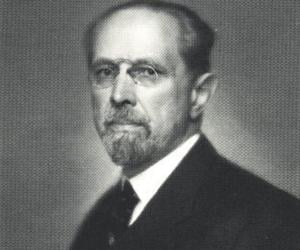
Werner Sombart was a German sociologist and economist. He was one of the 20th century's most important Continental European social scientists who served as the leader of the Youngest Historical School. Werner Sombart is credited with coining the phrase late capitalism. He is also remembered for his magnum opus, Der moderne Kapitalismus.
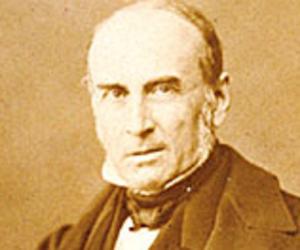
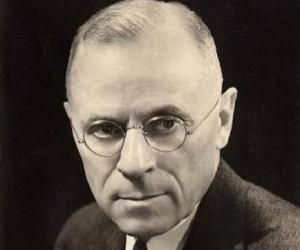
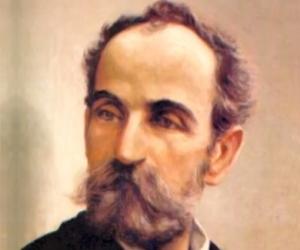
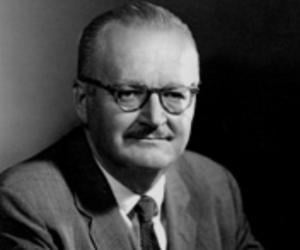
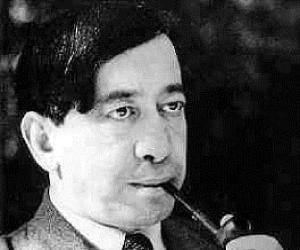
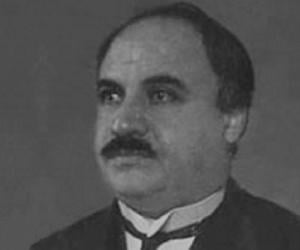
Turkish intellectual, sociologist, and author Mehmed Ziya, better known by his pseudonym, Ziya Gökalp, was a main figure of the Turkish nationalist movement. Though initially educated as a vet, he later quit his studies to focus on politics. His writings include The Principles of Turkism. He was apparently highly influenced by Sufism.
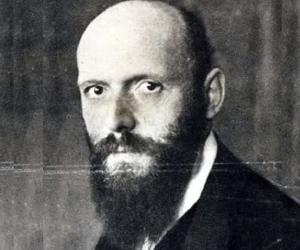
Otto Neurath was an Austrian-born philosopher of science, political economist, and sociologist. He is known for inventing the ISOTYPE method of pictorial statistics. A native of Vienna, he was one of the leading figures of the Vienna Circle. As an economist, he advocated for ideas like "in-kind" economic accounting in place of monetary accounting.

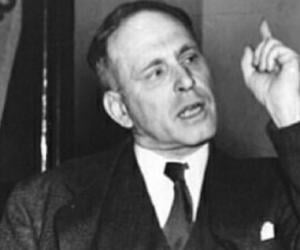
Roger Nash Baldwin was a pacifist who played a major role in the development of the human rights movement in USA. He was a founding member of the American Civil Liberties Union and also founded the International League for the Rights of Man. He was a conscientious objector during World War I. He received the Medal of Freedom in 1981.
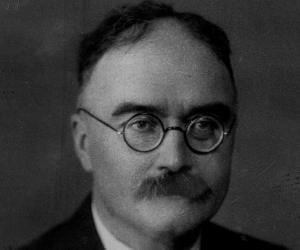
Maurice Halbwachs was one of the few French sociologists to work empirically. One of the brightest students at École Normale Supérieure, he later joined socialist movements. Though appreciated for his work on memory and its social conditions, he was detained by the Nazis and died in the Buchenwald concentration camp.
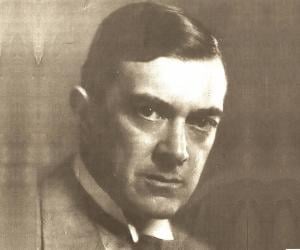
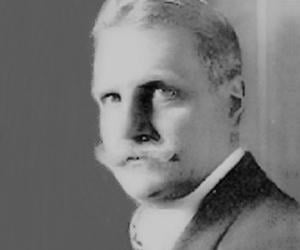

Emily Greene Balch was an American sociologist, economist, and pacifist. She is best remembered for her work to deal with social issues like child labor, poverty, and immigration. She also worked towards reducing juvenile delinquency and uplifting poor immigrants. In 1946, Emily Greene Balch was honored with the prestigious Nobel Peace Prize.
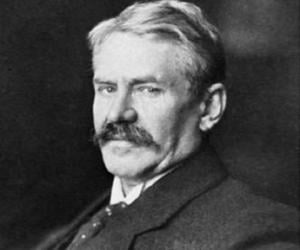
Ernst Troeltsch was one of the first German theologians to insist that the Christian church should reconsider its version of absolute truth. The Social Teaching of the Christian Churches remains his best-known work. The son of a physician, he was skeptical of religious absolutism from the very beginning.
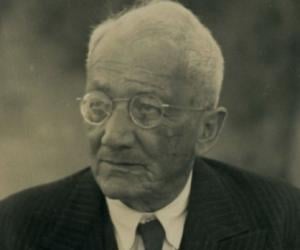
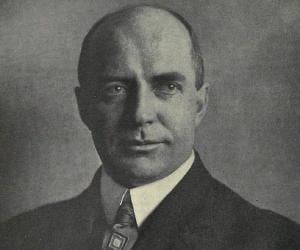
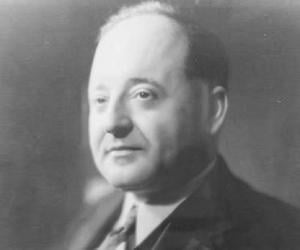
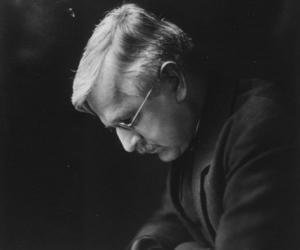
Political scientist and Fabian Society leader Graham Wallas is best known for his iconic work Human Nature in Politics. He contributed to the development of the London School of Economics and was one of its first professors. He also proposed one of the first models of the creative process.

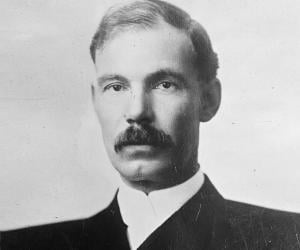
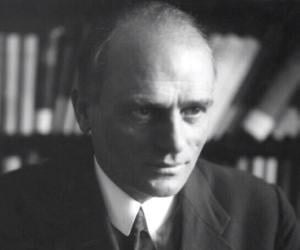
Austrian philosopher and sociologist Othmar Spann initially taught in Brünn and then fought during World War I. He later taught at the University of Vienna for almost 2 decades. His ideas were radically anti-liberal. A Nazi Party member, he believed in the superiority of a corporate state.
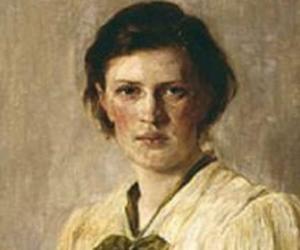
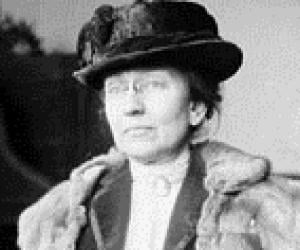
Ellen Gates Starr is best remembered for co-establishing the Hull House social settlement in Chicago along with activist Jane Addams. Initially an art student, she later dedicated her life for the betterment of immigrant factory workers and reformation for child labor laws. She later retired to a Roman Catholic convent.
